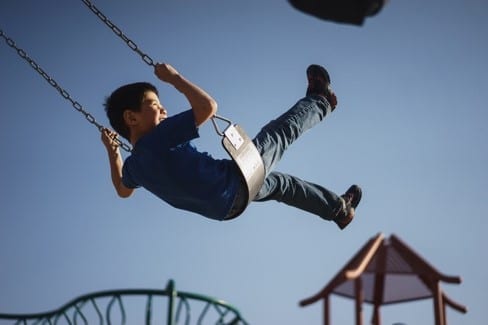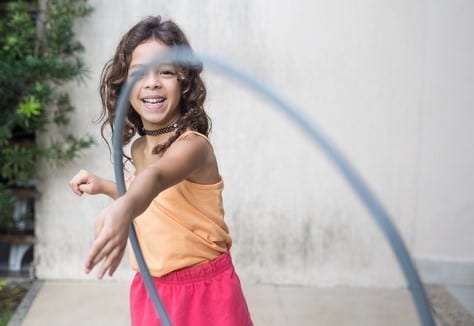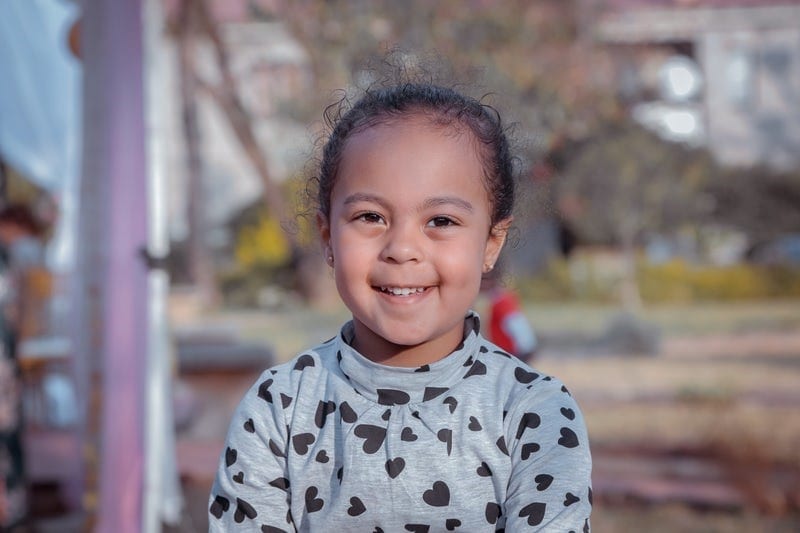
Feeling overwhelmed about becoming a parent the second time around? You are not alone. These tools might help to make things seem a bit more manageable.
Unexpectedly raising a child can trigger many emotions across a wide spectrum. You may feel deep worry, anger and grief on one end, but also a sense of pride, joy and opportunity on the other. Couple your emotions with the mixed feelings your grandchild may be experiencing, and the transition of your family unit may seem overwhelming. There are both challenges and rewards to parenting a second time around and, with support, you can work to make this transition and the future a positive one for your whole family.
Advocating for your Grandchild at School
Every grandparent wants their grandchild to succeed in school. Here are some tips to help you be your grandchild’s best advocate.
Building Resilience
Resilience can help you find the skills to recover from hardships and come out stronger. Here are some tips for reaching your goals.
Childcare and Good Body Mechanics
Childcare is hard work and can take a toll on your body. Learn some ways to practice good body mechanics to avoid fatigue and injuries.
Coping with Stress
Stress can make it hard to carry out the things you need to do each day. Here are some ideas to help you cope with stress.
Creating a Healthy Sleep Routine
We all need good sleep to be healthy. Learn how to create a healthy sleep schedule to improve your health.
Dealing with Grief
Starting a new family can be hard. Here are some tips to help you through the grieving process.
Energy Conservation
Managing the many responsibilities you have can be hard. Learn about the 4 P’s of energy conservation to increase endurance.
Getting Your Home Ready for your Grandchild
Getting your home ready for your grandchild takes time and preparation. Here are some checklists for you.
Understanding Trauma
Learn about Adverse Childhood Experiences (ACES) and how to understand your grandchild’s experiences and identify ways to help them.









